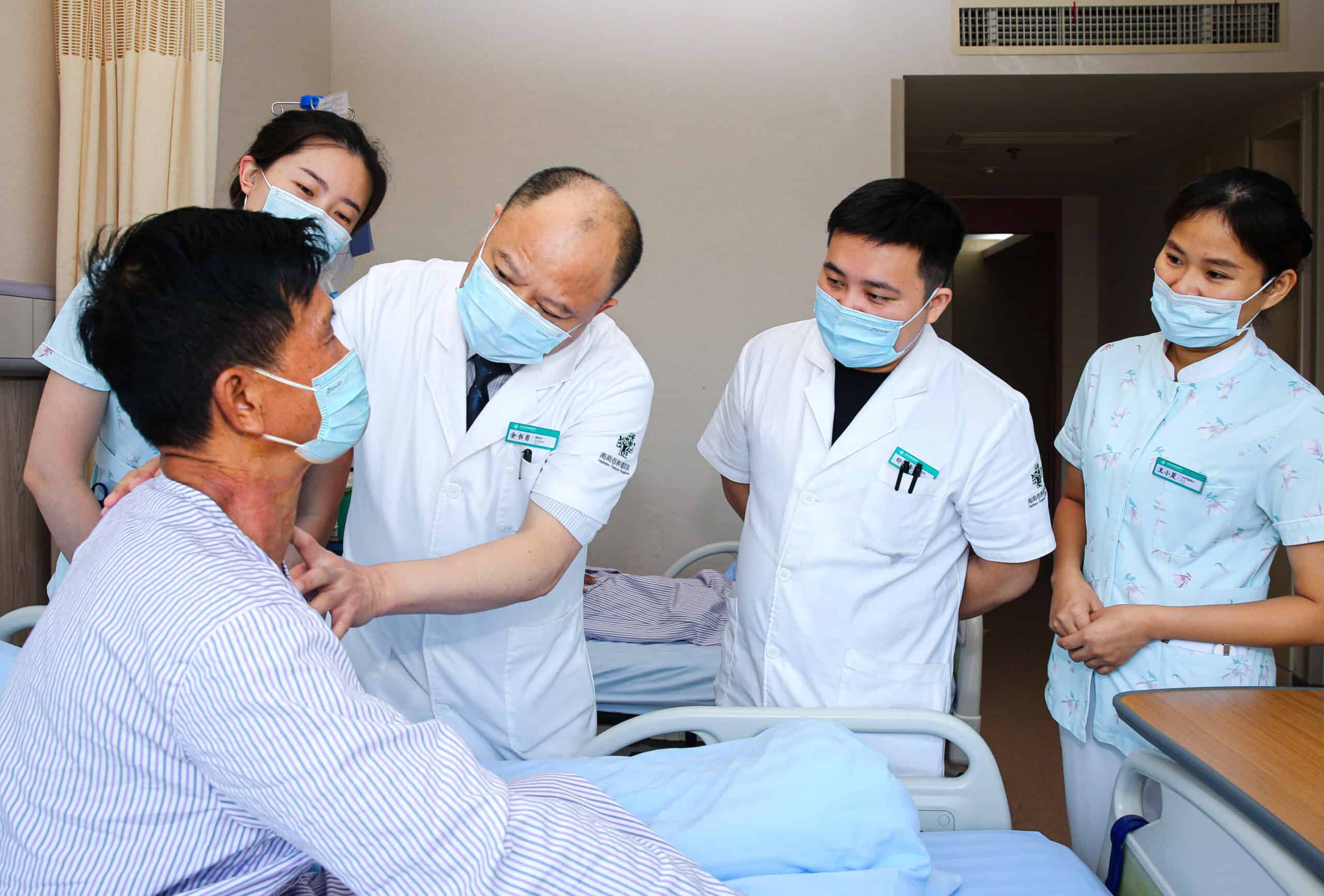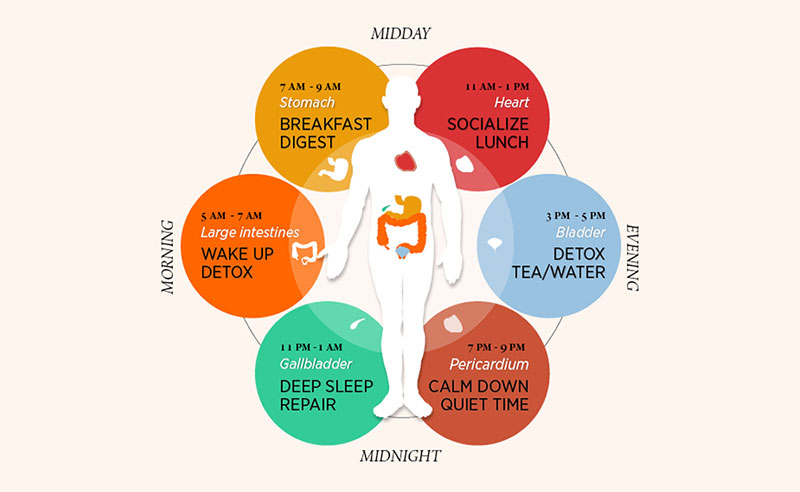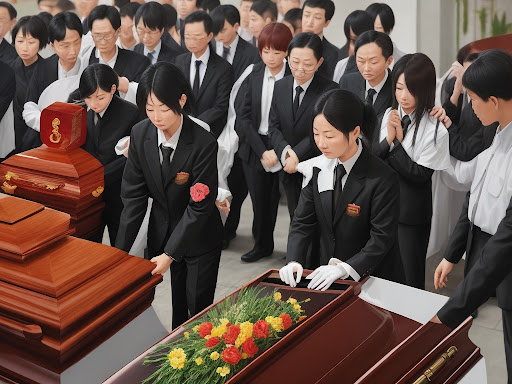
Chinese healthcare beliefs are deeply rooted in traditional Chinese medicine (TCM), which views health as a balance between yin and yang forces in the body. This perspective is still widely prevalent, with many Chinese people seeking TCM treatments alongside Western medicine. Another traditional health practice is the concept of qi, or life energy, flowing through meridians in the body is central to this belief system. But don't think for a second that China is stuck in the past, western medicine has made significant strides in reaching those with more historical views, especially in urban areas. Many Chinese now embrace a blend of traditional and modern approaches, seeking the best of both worlds.

When it comes to illness prevention, Chinese culture takes a much more holistic approach than western medicine. It's not just about avoiding germs; it's about maintaining harmony in all aspects of life. Here are some common practices:
● Dietary balance: Foods are classified as "hot" or "cold," and maintaining abalance is believed to prevent illness.
● Exercise: Practices like tai chi and qigong are popular for maintaining health.
● Herbal remedies: Many Chinese people use herbal teas and supplements as preventive measures.
:max_bytes(150000):strip_icc()/rocks-balancing-on-driftwood--sea-in-background-153081592-591bbc3f5f9b58f4c0b7bb16.jpg)
Now, let's talk about a topic that's an inevitability in all cultures: death. In Chinese culture, death is viewed as a natural part of the life cycle, but it's surrounded by numerous traditions and superstitions. Some of these beliefs and practices include:
● Ancestor worship: The deceased are believed to have a continued existence and influence on the living.
● Funeral rituals: These often involve elaborate ceremonies to ensure the deceased's smooth transition to the afterlife.
● Taboos: Certain colors (like red) and numbers (like 4) are avoided in death-related contexts.

Now how would you be able to navigate the world of healthcare in China? Let's imagine your friend is about to embark on a healthcare mission with an NGO in China. Here's some intercultural communication advice you could give to help them navigate this new terrain:
1. Learn the lingo: While medical jargon might be universal, understanding some
basic Mandarin can go a long way in building trust with patients.
2. Respecting the hierarchy: Chinese society values hierarchy. Be mindful of
addressing senior colleagues and patients appropriately.
3. Embrace indirectness: Direct communication can be seen as rude. Learn to read
between the lines and use tactful language.
4. Be patient with patients: Many Chinese patients may want to consult family
members before making medical decisions. Respect this process.
5. Mind the TCM: Be open to discussing traditional Chinese medicine. Many
patients may use it alongside Western treatments.
Remember, adapting to a new healthcare culture is the same as looking at any other facet of culture integration, it takes time, patience, and an open mind ready to learn.

Well, that's all for today's cosmic cultural exploration! We hope this guide helps you navigate the intricate world of Chinese healthcare beliefs and practices and until next time, keep your universal translators handy and your minds open to new experiences. This is the Galactic Getaways team, signing off.
- The Galactic Getaways Team
Works Cited:
Chen, Y. C. (2001). Chinese values, health and nursing. Journal of Advanced Nursing, 36(2), 270-273.
Dong, X., Chang, E. S., Wong, E., & Simon, M. (2012). A qualitative study of filial piety among community dwelling, Chinese, older adults: changing meaning and impact on health and well-being. Journal of Intergenerational Relationships, 10(2), 131-146.
Guo, Q. (2010). The world of Chinese medicine. Beijing: Foreign Languages Press.
No comments:
Post a Comment